|
Open Access Compendium | No Publication fee | Peer Review With the aim of promoting growth mindset pedagogy we will publish an open-access compendium of growth mindset teaching at the university level. With this Call we invite all the university teaching staff to send us their best practice examples.
A lot of university teachers are doing something that fosters students’ growth mindset. We kindly invite you to share such an example. To appreciate your effort, your example will then be published in the open-access compendium. Your participation and the publication will be completely free of charge. We hope that a lot of people will contribute to the compendium so that everyone who is interested in the topic of growth mindset teaching has access to an extensive and easily available collection of best-practice examples. All examples submitted to the GrowthMinds project are subject to peer review. This way, manuscripts receive expert feedback, allowing authors to improve their work. Deadline for submitting your case: 31 August 2021. We are available for any questions on the email [email protected]. An inspiring online learning opportunity for adult trainers
Integrating knowledge and skills of emotional intelligence and empathy into the learning process has the power to improve student motivation, engagement, and accomplishment by helping them to manage intense emotions, encourage and savor pleasant emotions and optimism, increase emotional resilience, build empathy and meaningful social relationships, and find greater meaning and satisfaction in learning process or learning environment. This online training will equip participants with knowledge and skills for creating a learning environment where emotions play an important role in the learning process. Participants will learn how to strengthen awareness and management of emotions, how to support learners in creating emotional balance and how to encourage empathy and supportive relationships. Training Programme:
Foundations: this online training is part of Erasmus+ KA2 project FLOW: Fun, Learning, Opportunities, Well-Being ( KA2020-1-ES01-KA204-083267), in which international partnership explores best practices in adult teaching and training. Registrations are closed. As a response to the consequences of the Covid-19 the European Commission approved an additional round of the Erasmus+ Strategic Partnerships.
The Commission will call for KA2 projects on two main areas:
National agencies will manage this additional call. All the information for the applicants will be announced by the end of the August on the official website of Erasmus+ (Source: Romanian National Agency). Since we are active the whole time of the Covid-19 pandemic supporting teachers in their efforts to make distance teaching effective, we will gladly become a partner in key action 2 projects on digital education and creativity. Over the past few months we accumulated a valuable knowledge for teaching in new reality from all across Europe. In a response to Covid-19 we started to organize different online international learning opportunities for teachers: monthly Pan-European Conferences on Distance Teaching, teacher intervision, Art of Hosting participative methods in distance teaching. All this gave us a new perspective which we are ready to transfer to our partners across Europe. We will be happy to contribute to your project from digital education or creativity in the field of school, vocational or adult education. Please, contact us on [email protected]. In the meanwhile welcome to join our free of charge international events for teachers by becoming a member of the Facebook group Pan-European Conference on Digital Education. In one of our previous news, we announced that we are really looking forward to the positive and inspirational stories of individuals who are or will be involved in the activities in the scope of Erasmus + project SENTIM(Social ENTrepreneurship for IMmigrants). And we truly have experienced such stories and contributed to the creation of new ones at the event Proactive steps towards entrepreneurship.
On Wednesday morning of 13th of April the Creative Center Poligon we have welcomed the curious, enthusiastic and creative individuals. More than 50 participants were maybe persuaded by the tittle of the event or they were looking for a high-quality and varied program. In one morning the event offered an interesting round table, proaction café workshop, relaxed conversation about collaborative entrepreneurship, time for networking and delicious coffee break in cooperation with Skuhna and Poligon. The purpose of the event was to provide additional knowledge, contacts and life stories, which were offered by the hosts at the round table. Among them was a gentleman from the Netherlands Mr Cees WM Nieboer, president of Learning Paths Europe and founder of Heroes Group, Mr Faramarz Ghobadian, a restaurant owner with Iranian fast food Fari’s Delice and Mrs Celine Isabelle Marcelle Mirbeau, whose work might be better known in the form of French croissants from the bakery La Brioche. Among other things they discussed some marketing and business questions; we listened to their stories and realization of their ideas and we laughed at their perceptions of Slovenians. The event also provided the opportunity to develop entrepreneurial ideas and solve challenges. The process by which ideas were being developed is known as Proaction café, where people can share their ideas and challenges to the other participants, who ask questions and assist them with ideas, suggestions and feedback. At the event we addressed the challenges such as financially stable and socially responsible photo and video production involving immigrants as the production group (Institute APIS) and also the question of the integration of immigrants into the local community and a possibility of joint crafting (Institute Tri and Institute Breja preja). During the café we also upgraded the idea of a comprehensive approach of providing touristic offer in the countryside with the Institute of ZUPR AKSA and the idea of supplementing the business and marketing strategy of Skuhna. In addition, we have also tried to answer the question of how to offer the service of birth photography to Slovenians and how to create an outdoor kindergarten. Each holder of a challenge shared his idea through the process of proaction cafe with more than 15 people and certainly gained some new information, suggestion, improvement or just a confirmation that his or her idea is worth trying. Additional information and support was provided by experienced moderators (Blanka Tacer and Andrej Juričko, STEP Institute) and mentors (Karmen Rodman, KonektOn and Tine Nagy, STEP Institute). We hope that participants of the event went home with positive energy and enthusiasm as did the representatives of the STEP Institute and project partners who will continue to create new opportunities for active participation of individuals and organisations in the scope of SENTIM project. Lifelong learning brings new ideas. International lifelong learning in addition carries new perspectives and new opportunities for international projects. It is important that professionals in education gain such experiences since they are a role model and a source of information for school-age generation. However, there are many needs for teacher international mobility, but not so many options.
By IQAIST project (Improving Quality and Accessibility and In-Service Trainings for Teachers) we offer more international learning opportunities for teachers. The project connects partners from Italy, Spain, Portugal, Turkey, Romania and Slovenia. Institutions that are participating from Slovenia are STEP Institute, Institute of St. Stanislav Ljubljana, Škofja Loka High School and GEPŠ Piran. This school year, eight professors decided to take the challenge and took part in diverse trainings in various countries across Europe. Training on the topic of project management was conducted in Italy and was attended by Monika Novak. Tanja Gartner and Sonja Bizjak traveled to Spain and attended training on Internet use related problems: cyberbullying, sexting, grooming, phishing and others. One of the courses (A Holistic Cross-disciplinary approach to language teaching) was held in Portugal and was attended by three professors, Ela Rupert, Sonja Zabukovec Mikolj and Nataša Veber. In Romania professors Lorena Stemberger and Tatjana Žagar gained knowledge about using non formal methods and instruments in formal education by August Bole. It is significant that knowledge is spread. Therefore, the training participants prepared some tips and ideas that can be implemented in Slovenian schools. Monika Novak says that there are many manuals on how to create projects, but the key is to extract the most important ones. You also have to be accurate. Each question must be answered carefully and thoroughly. Monika Novak concludes: “But if we know what we want to achieve and who the target group is, then the application is not so difficult to write.” To prevent online maltreatment is firstly important to recognize that the problem exists and it is very serious. After that is meaningful to organize workshops on this topic for teachers, parents and students. Additionally, schools can invite various professionals or associate with organizations such as the “Safe Internet”, which is a provider of educational programs in a safe and informed use of the internet. Participants in training on informal methods say that is important that teachers are aware that non formal methods are huge addition to the rational-logical perception of learning process. Since the informal forms of work tend to be more relaxed, learning is more spontaneous and lasting. There is also increased attention and focus of the student. Because most informal methods carried out in a group or in pairs, the students also promote sociability and develop their social skills. In the process even the teacher is the role of the learner. Participants state that they have acquired a lot of new knowledge and ideas through seminars. They were also impressed by the friendly attitude of lecturers to participants. In addition to a good atmosphere, they had many opportunities for familiarization with practices in different European countries. Sonja Zabukovec Mikolj has pointed out: “In fact, I got confirmation that teachers in Slovenia perform high-quality instruction.” Furthermore, participants say that the knowledge of English at such events is desirable, but it turned out that they can communicate also in other languages or through non-verbal communication. To all teachers that are thinking about broader their knowledge and would like to participate in the international education, Sonja Zabukovec Mikolj recommended: “For a moment forget about the typical Slovenian tendency to criticism, forget this feeling that we come from “small” and perhaps irrelevant state. Let’s go abroad with head held high, because we are excellent professionals with extensive experience in their field.” KA2 Strategic partnerships is another field where we apply our knowledge about soft skills development. But before new Erasmus plus scheme was established we were invited as partners into another interesting project. It’s called ELMA-TP and is founded by Leonardo da Vinci transfer of innovation scheme.
Project coordinator is Bursa province from Turkey. As is normal in European projects, team members are highly diverse. Altogether 12 project members are coming from 5 different countries: Turkey, Greee, Italy, Latvia and Slovenia. Project deals with producers of traditional local products (like Extra virgin oil from Slovenian Istria, Prekmurska gibanica, Pirano salt or Carniolan sausage). They are normally of high quality, well known in region of origin and protected under one of European quality schemes. Since strong focus is on quality and production, not enough time is left for equally important fields like innovation, audit and marketing. That is the primary goal of ELMA-TP project. With in-depth interviews we’ll discover training needs of local producers in project partner countries. We’ll focus on know-how that is needed for succesfull business but not yet fully established at various producers. Majority of training needs will fall into one of the following categories: Protection and Audit, Competition and Innovation, Promotion and Market Development, and System Management. We’ll carefully analyse interview results and develop appropriate activities to fill the developmental gaps. Probably some combination of best practices, interactive workshops and online database will be necessary to achieve that. Pilot workshops will be implemented in Turkey and other participating countries. We’ll collect feedback, define areas for further improvement and do even better training material. When the project finishes, results will be available to everybody that is interested in the topic. |
primeraWe empower teachers so they can do their job best. Categories
All
LINKSPrimera's practical handbook for writing high quality Erasmus+ mobility projects.
Pan-European Conference on Digital Education Facebook Community. Primera's FB page. Work with us on Erasmus+ KA2 projects: STEP Institute. |
Erasmus+ by Primera for teachersErasmus+ courses by Primera are dedicated to teachers who value evidence-based and practice-driven training in highly interactive international atmosphere.
OID Ljubljana: E10091479 OID Vienna: E10298896 E: [email protected] T: +386 1 320 28 43 Privacy Policy |
Navigation |
Stay tuned! |
© 2020 Skupina Primera Ltd. All rights reserved.


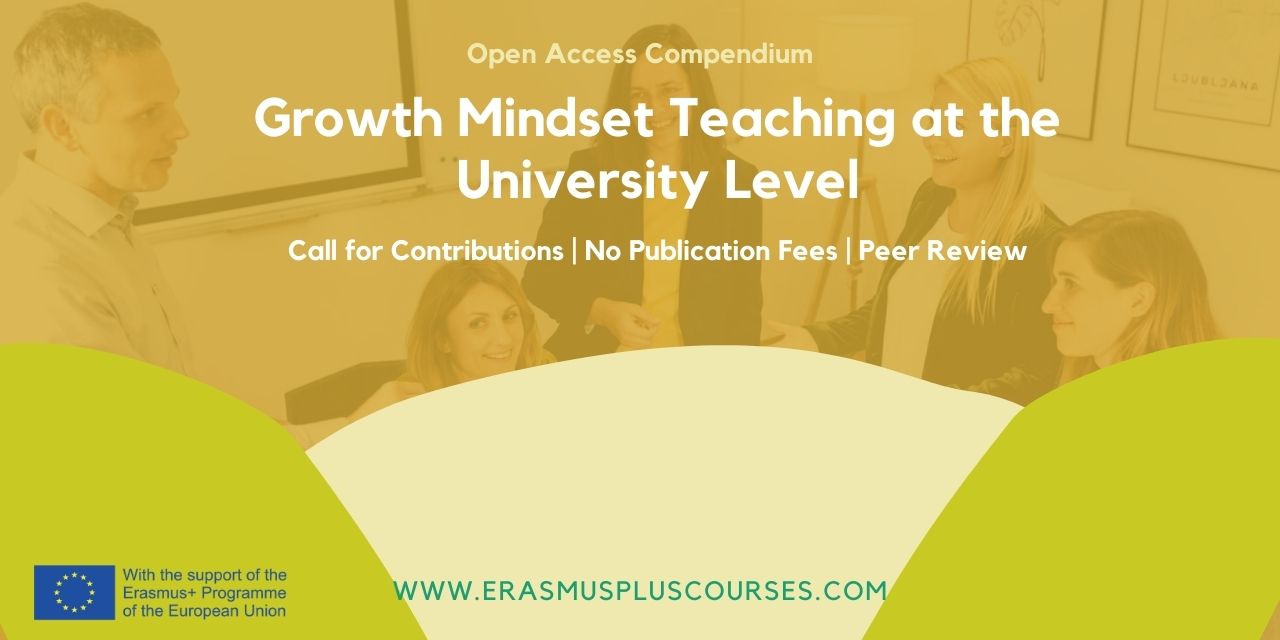
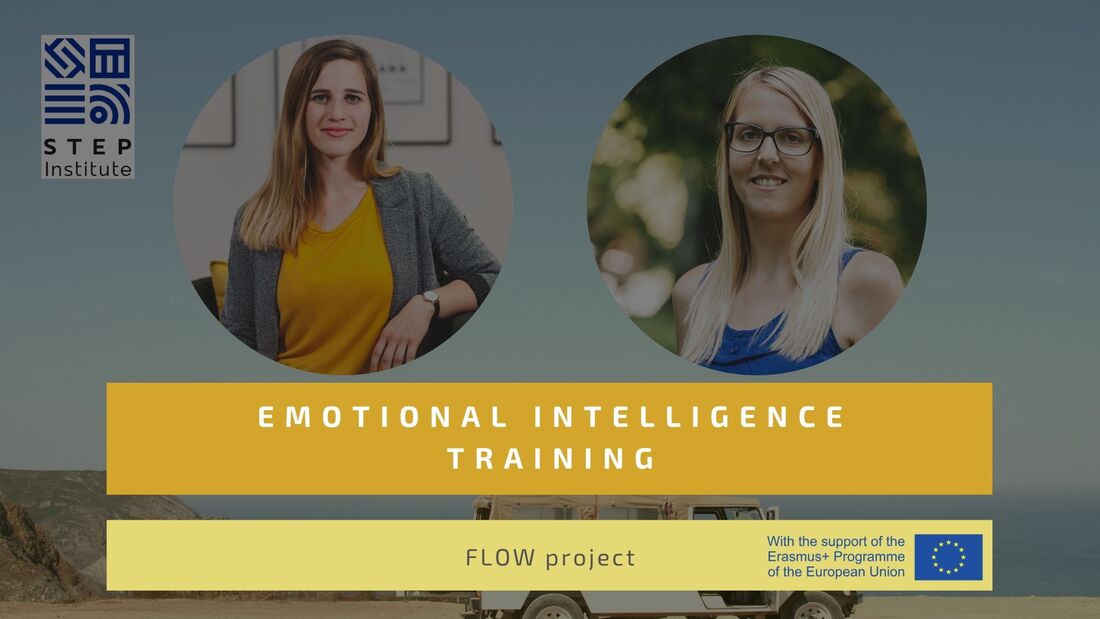
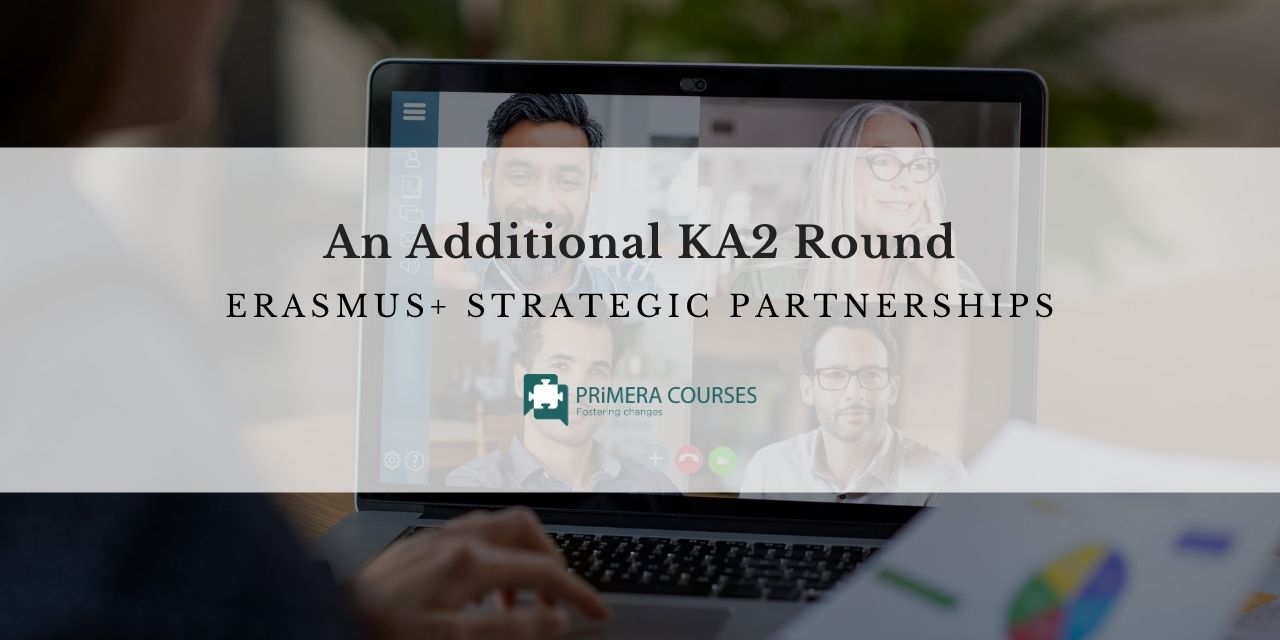
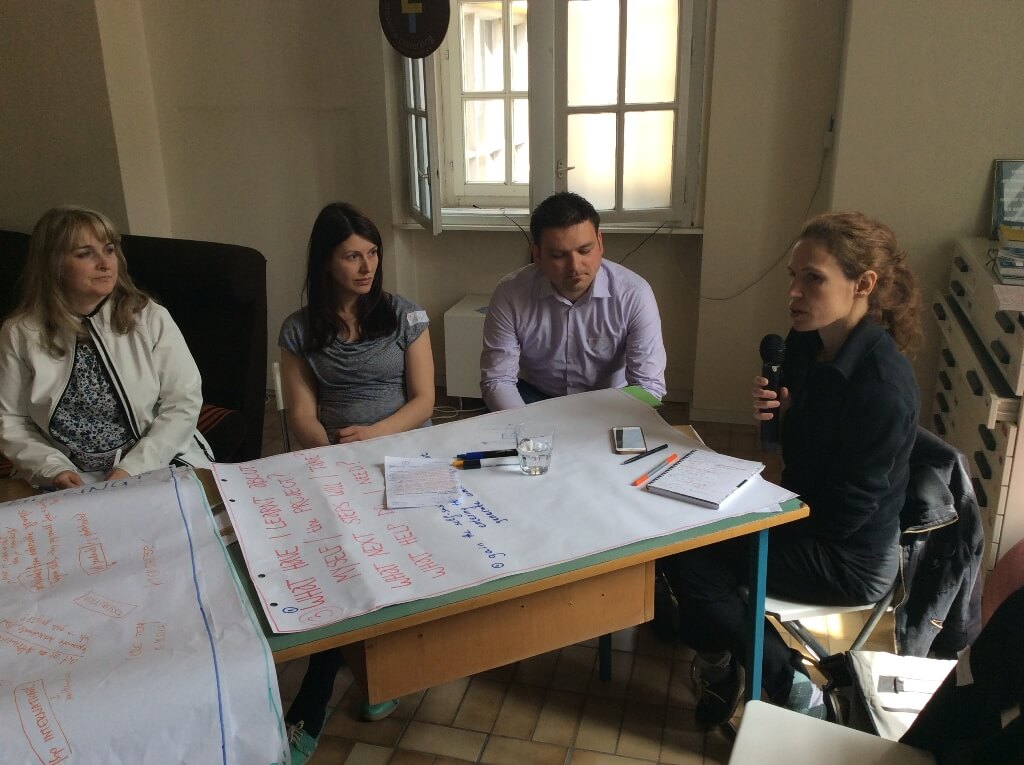

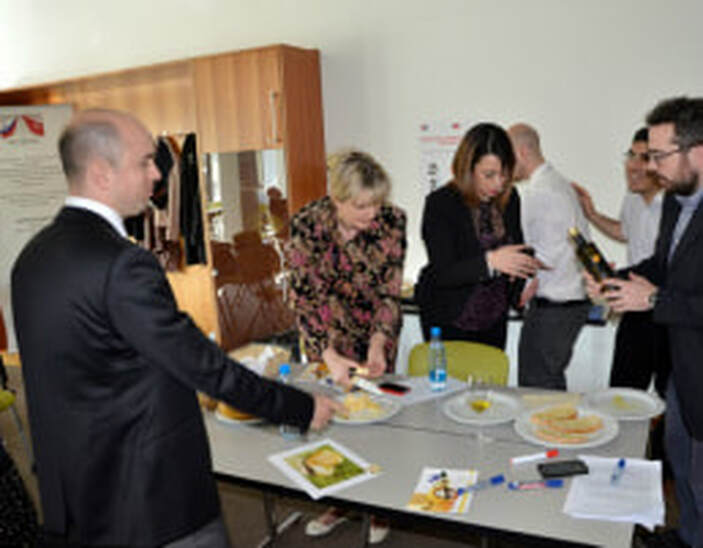
 RSS Feed
RSS Feed